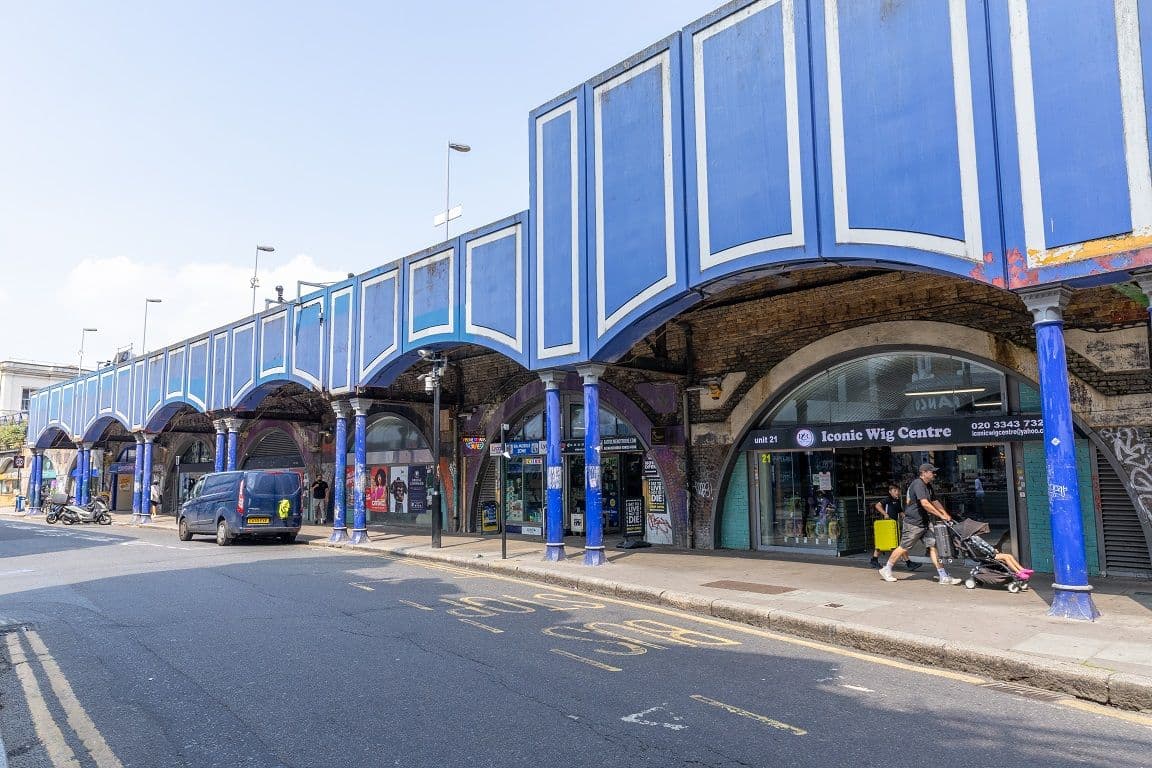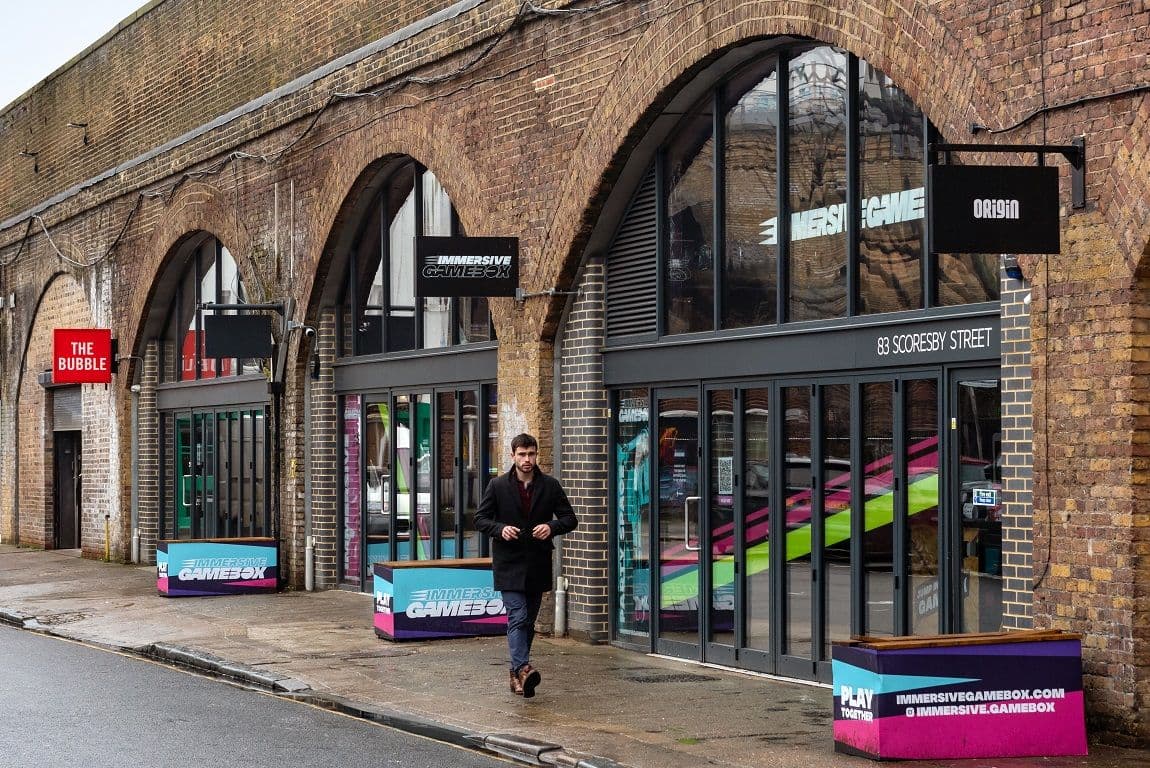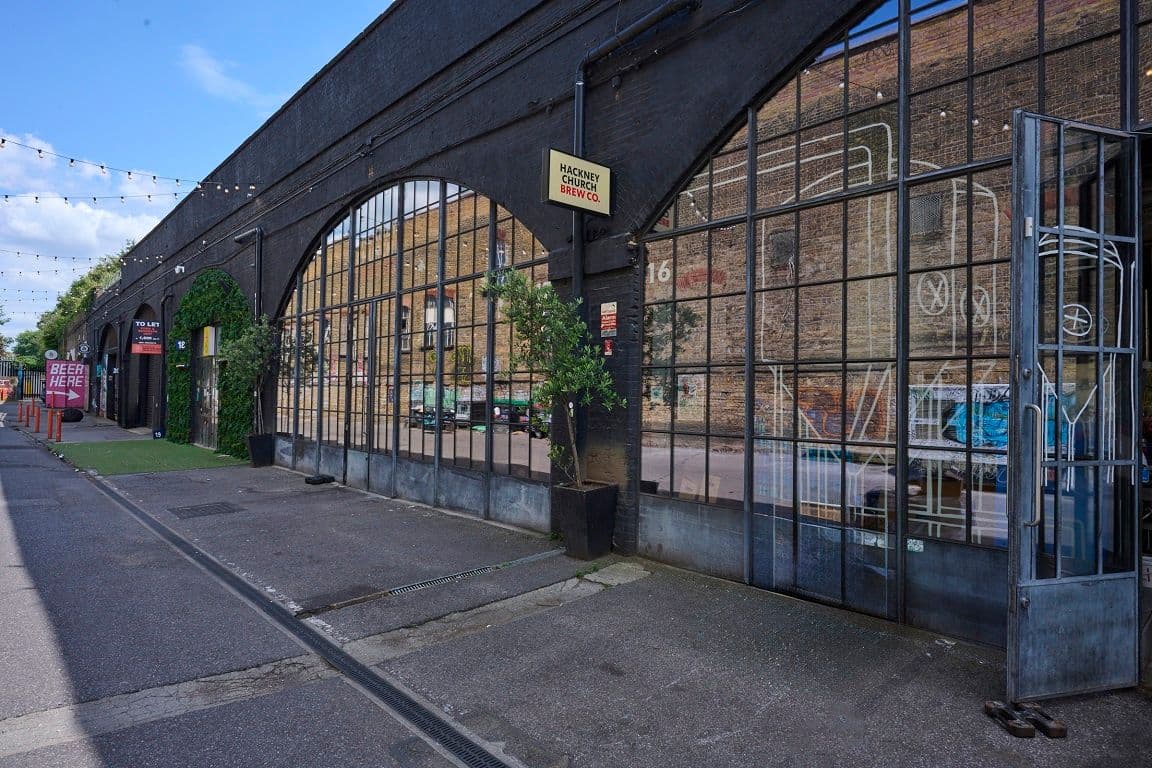The Importance Of Site Selection And Location For Business Success
27th August, 2025

Choosing where to locate your business can shape everything from your day-to-day operations to long-term success.
A well-chosen site supports growth, improves efficiency, and keeps you connected to customers and suppliers. But site selection isn’t universal. The right location for a café won’t suit a warehouse location, nor will a leisure facility fit right within a typical office space. That’s why it’s vital to tailor your criteria based on the type of space you need.
In this article, we explore why location matters, how it can impact your business, and what to consider when choosing sites for different types of commercial spaces.
Selecting the right site goes far beyond just picking a postcode. Your location can influence everything from operating costs and team performance to customer reach and long-term viability. Below are 10 key reasons why thoughtful site selection is essential for business success.
1. Accessibility And Transport Links
Having a business located on a site that has easy access and sits in close proximity to local public transport is key. A well-connected location reduces commute times and improves delivery efficiency. Proximity to public transport, major roads, and infrastructure can also enhance staff satisfaction and increase public footfall.
2. Proximity To Clients And Business Partners
Being close to your customers or strategic partners can improve service delivery, strengthen relationships, and reduce travel costs. Having a prime location can be the difference between a potential customer or client picking your company or the one closer to them, so having a site located in a prime spot in the heart of a city can be a huge benefit.
3. Safety And Security Of The Area
Choosing a site in a secure area lowers the risk of theft, damage, or liability, while also creating a more attractive environment for employees and visitors.
4. Cost Of Space And Utilities
Rent, business rates, and utility costs can vary dramatically between regions. A carefully selected site can help you strike the right balance between affordability and strategic advantage, ensuring long-term cost efficiency without compromising on business needs.
5. Competitor Locations
Understanding where your competitors are based can guide your location strategy. In some cases, clustering near competitors helps tap into established customer bases. In others, it’s smarter to differentiate geographically to avoid oversaturation. This is particularly important in the food and beverage industry, as running a Michelin star restaurant on a street full of fast food may deter customers, versus being situated alongside other high-quality establishments.
6. Availability Of Human Resources
Access to a skilled and available workforce is essential, especially in industries with specialist roles or high staff turnover. Being located in or near talent hubs can give your business a significant recruitment advantage.
7. Parking And On-Site Convenience
On-site parking and local amenities can make or break the daily experience for both staff and customers. Businesses that rely on footfall, deliveries, or mobile workforces need to consider how accessible and user-friendly their premises are.
8. Local Regulations And Compliance
Planning restrictions, zoning laws, and environmental regulations vary by area. Selecting a site where the local authority is supportive of your business type can reduce delays, simplify approvals, and avoid costly compliance issues.
9. Market Access And Brand Perception
Your location can influence how customers perceive your brand. High-footfall areas support visibility and growth, while industrial zones offer practical advantages for B2B operations. The right site can help you reach your target audience more effectively.
10. Environmental Considerations
Sustainability is an increasing consideration for many businesses. By prioritising locations that support sustainability goals, such as sites with green certifications, access to renewable energy, or reduced transport emissions, shows that your business is doing what it can to reduce its impact on the planet, which is becoming more important to customers and investors alike.

How site selection can impact your business growth
Now that we understand the reasons why picking the right location is important for business, it’s also worth considering how good or bad decisions can impact your business. Below is a table demonstrating how making a single decision on a key element can have a very good or very poor impact on your business.
Key considerations
Having explored the key considerations for selecting a site or location for your business, and the impact the location can have on your business, now let's see how those choices can differ depending on the type of business you are running.
Warehouse and storage units:
- Proximity to main transport links (road, rail, ports)
- Security and/or secure perimeter
- Vehicle access and on-site loading
- Parking for deliveries, both incoming and outgoing.
- Minimal local planning restrictions
Efficiency and logistics take priority when considering the best location for a warehouse or storage space to rent. Sites need to be close to key transport routes, such as motorways, rail freight terminals and ports, depending on the product you are moving. Accessibility is also vital, as last-mile delivery will likely be frequent, so the turnaround of incoming and outgoing traffic needs to be smooth and seamless.
Security is another main priority when choosing a commercial warehouse for rent. Your warehouse or storage space will hold a considerable amount of valuables and will need 24 hour surveillance and security features to protect assets and reduce insurance costs.
Food and beverage spaces:
- High footfall and brand visibility
- Nearby offices, shops or attractions
- Easy access for deliveries
- Proximity to transport for late-night trade
- Outdoor seating or frontage (where relevant)
Food and beverage businesses thrive on visibility and natural footfall. City centre locations often represent the best place to start a business, as high streets and busy pedestrian areas can dramatically boost exposure and walk-in trade. This can increase further if your site is based close to public transportation hubs, such as train stations and main bus stations. Your surrounding area will also impact hugely on your business. Nearby offices, residential areas, shops and other tourist attractions will all bring people closer to your business, helping you capitalise and generate more income.
Accessibility for deliveries is also important, especially for fresh food businesses that rely on regular stock replenishment. While late night venues like bars and restaurants will see the benefits of having even a small parking area for taxis and other vehicles providing lifts to customers.
Retail units:
- High street or visible frontage
- Strong pedestrian traffic
- Nearby complementary businesses
- Ease of delivery and stock access
- Parking availability
Similarly to food and beverage establishments, retail businesses rely heavily on being in the right place at the right time. Not only is the visibility of your retail space impacted by its location, but also its brand perception. Shops in premium retail zones communicate with the public differently to ones tucked away down side streets.
Parking is also essential, as your business may not provide a product that’s easily transportable. It’s also beneficial from a deliveries perspective.
Leisure spaces:
- Ease of access via road and public transport
- Ample on-site or nearby parking
- Local demographics and lifestyle fit
- Flexible space for varied activities
- Surrounding amenities (cafés, parks, etc.)
- Noise or planning restrictions for certain uses
Gyms, activity centres, art spaces, and other leisure spaces benefit from a mix of accessibility and destination appeal. While not always dependent on footfall, these businesses do need to be easy to reach via public or private transport.
Parking, space flexibility, and local demographics also play a big role. A family-friendly area may suit a children’s soft play centre, while a trendy inner-city neighbourhood might be better for a boutique fitness studio.
Small office spaces:
- Strong transport links for commuters
- Local amenities for staff (cafés, shops, gyms)
- Affordable rent and utility costs
- Access to skilled talent pools
- Good brand perception or prestige (if client-facing)
- Flexibility for hybrid or growing teams
Office space needs have evolved dramatically since COVID-19, but the importance of location remains key, no matter if your business takes an office-first or hybrid approach. Businesses should consider commuter access at the top of the list, either by road or public transport. It’s also important to be situated nearby surrounding amenities that support employee wellbeing, such as cafés, gyms, and green space.
Costs can vary dramatically, even in city centre locations, so be sure to weigh up your employees needs before making a decision on where to locate your office.

Find the right business space with he Arch Company
Choosing the right location is one of the most important decisions a business can make. Efficiency, running costs, visibility and attracting talent can all be impacted by your site selection, and no two businesses will have the same requirements.
So, whether you're looking for a warehouse space to rent or a leisure space with great transport links, a retail or food and beverage space in a high-footfall area, or an office space that supports your growing team, The Arch Company can help find a location that fits your business. Get in touch with our team today.
Check out our related blog: From Forgotten Spaces to Fresh Starts - Redeveloping Norton Street Arches